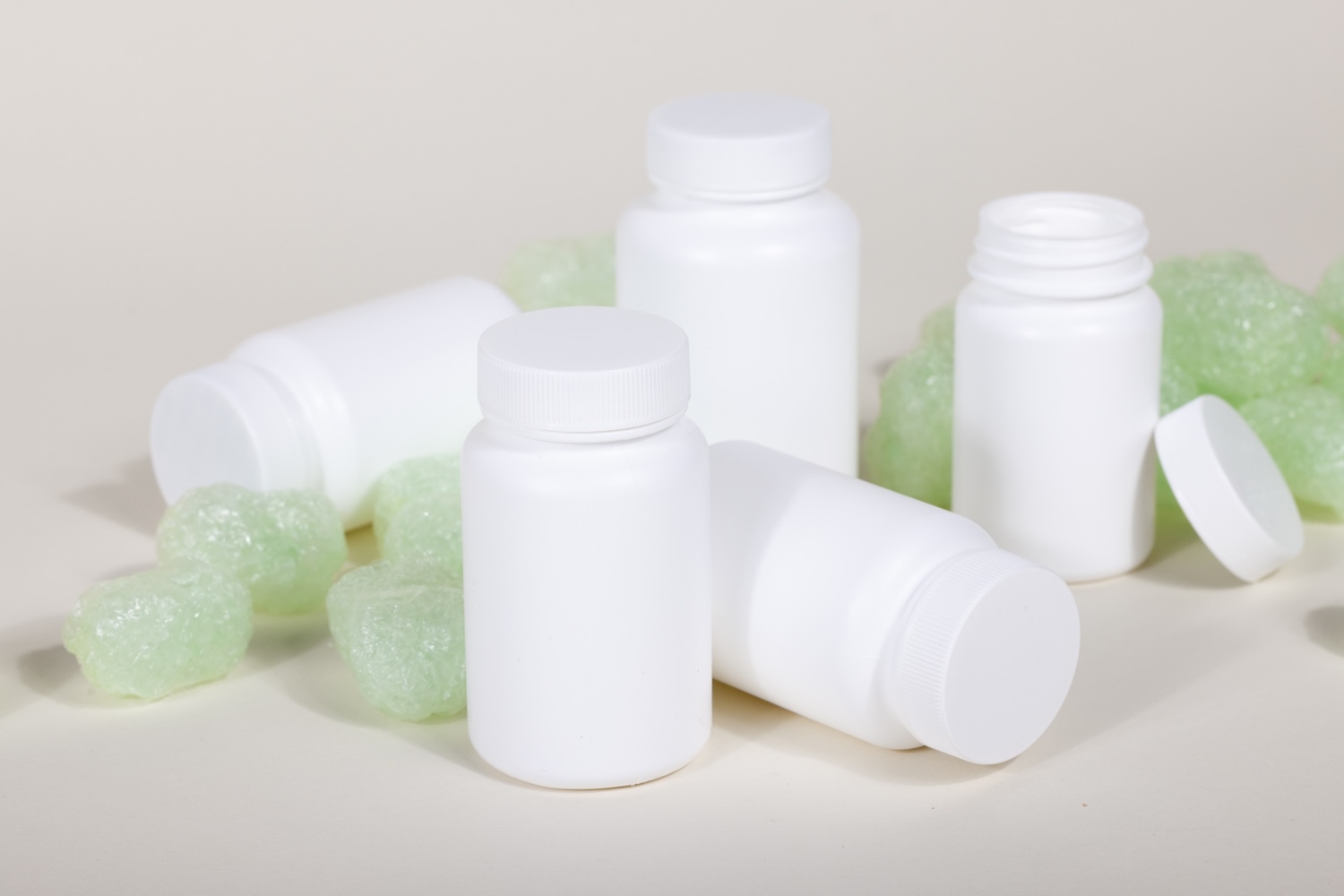Bio-based Jars Made from Sugarcane Waste

composition of our high-quality supplements and business model; it extends to the way we package our products. Because a healthy lifestyle starts with conscious choices, including those that impact the environment.
Our bio-based jars are made from HDPE (High Density Polyethylene), produced from sugarcane waste. This is residual material that is not suitable for consumption. By utilizing these plant-based leftovers, we prevent waste and reduce dependence on fossil resources.
A frequently asked question is why we do not use glass packaging. Although glass is recyclable, it also has some drawbacks:
- Heavy in transport: Glass is much heavier than bio-based plastic, leading to higher emissions during transport. Especially when shipping on a large scale, this adds up significantly.
- Fragility: Glass breaks more easily, resulting in more waste and higher risks during production, storage, and delivery.
- Higher energy demand in production: Glass production requires very high temperatures, which involves significant energy consumption.
Bio-based HDPE is therefore a lighter, safer, and more energy-efficient alternative, without compromising on quality or ease of use.
Our jars are fully recyclable and fit well within a circular economy. And we are already making good progress: since last year, more and more of our supplements have been delivered in bio-based jars. It is a conscious step forward, which we are steadily expanding.
In addition, we fill our boxes with biodegradable maize starch packing chips that fully dissolve in water. This helps prevent unnecessary plastic waste and ensures more environmentally friendly shipping.
At Beyuna, we are ready for the future!


